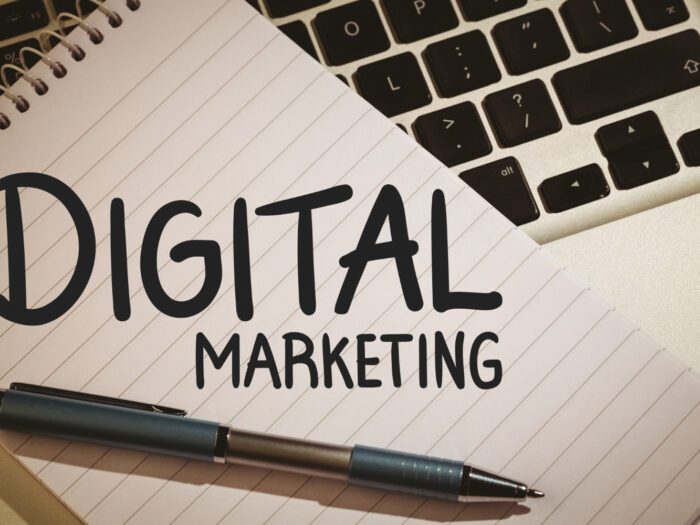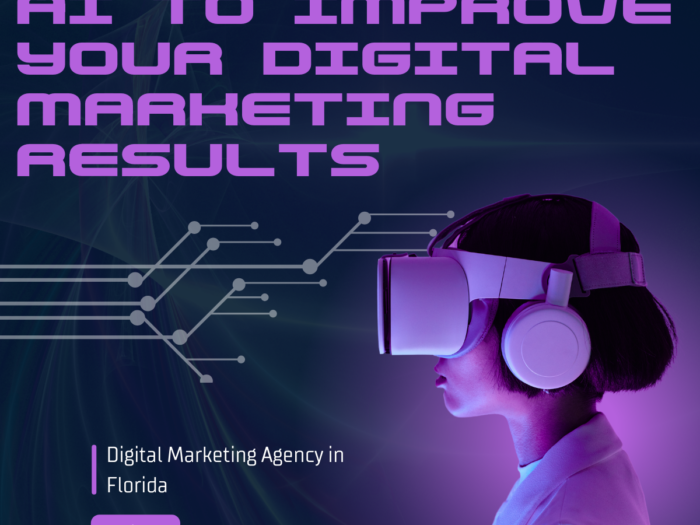In recent years, Google has been heavily focused on artificial intelligence (AI) and automation, leading to innovation in the digital marketing field. Marketers need to understand how these developments affect their strategies and operations. This blog will explore the impact of Google’s focus on AI and automation and whether it is viewed as a threat or an opportunity for digital marketers.
Rise of AI and Automation in Digital Marketing:
Google’s use of AI and automation has greatly changed how digital marketing practices work. They are at the forefront of using these technologies to enhance user experience and make advertising more effective.
1. Smart Bidding Strategies: Google’s machine learning-powered automated bidding strategies allow advertisers to optimize bids for conversions, clicks, or impressions, maximizing the ROI of digital marketing campaigns.
2. Personalized Ad Experiences: AI enables Google to analyze extensive data, helping marketers create highly targeted and personalized ad experiences. This shift towards tailored content enhances user engagement and boosts conversion probabilities.
3. Voice Search Optimization: Google’s algorithms are becoming more proficient in understanding natural language due to the surge of voice search-activated devices. Digital marketers must customize their strategies to optimize content for voice search to ensure visibility in this rapidly expanding trend.
Advantages for Digital Marketers:
1. Efficiency and Time Savings: Automation streamlines repetitive tasks, allowing marketers to focus on strategic decision-making and allocate saved time to creativity and innovation in campaign development.
2. Enhanced Targeting and Personalization: AI algorithms analyze user behavior, preferences, and interactions, enabling marketers to deliver hyper-targeted content, improving user experience, and increasing conversion likelihood by presenting relevant offers to the right audience.
3. Data-Driven Decision Making: AI tools analyze vast amounts of data to offer actionable insights that help make informed decisions, refine strategies, and stay competitive in the digital industry.
Challenges Faced by Digital Marketers:
1. Adjusting to Algorithm Changes: Regular updates to Google’s algorithms demand flexibility from digital marketers to maintain ongoing effectiveness.
2. Privacy Issues with Data: As AI heavily depends on data, privacy concerns are increasing. Marketers must find a balance between using data for personalized experiences and respecting user privacy to preserve trust.
3. Skills Gap and Training: Incorporating AI and automation requires a skill set that not all marketers possess. Closing this gap through training and upskilling is crucial for maximizing the advantages of these technologies.
Final Say!
Google’s AI push is not a threat – it’s a wake-up call. It’s an opportunity for digital marketers to upskill, adapt, and evolve. By embracing AI as a powerful tool and focusing on their unique human strengths, they can thrive in the age of intelligent machines.
Join the conversation! Share your thoughts on AI and the future of digital marketing in the comments below.
Read More: VOICE SEARCH OPTIMIZATION: STRATEGIES TO RANK HIGHER IN VOICE ASSISTANT RESULTS




